Your contractor accounting glossary of terms
Do you know your RTI from your PAYE? Contractor accounting can seem full of jargon and acronyms – so here’s a quick overview with our contractor accounting glossary of terms.
Annual Financial Accounts
Annual Financial Accounts often referred to as Company Accounts or Annual Accounts. They include an income statement, a balance sheet and a directors’ report. Annual Financial Accounts need to be submitted to HM Revenue & Customs (HMRC) and Companies House.
Companies House
This is the UK Registrar of Companies where you must incorporate your limited company. Each registered company is required to file Annual Financial Accounts and Confirmation statements with Companies House.
Confirmation statements
Confirmation statements must be filed annually with Companies House. It gives details of directors, secretaries, the registered office, share capital and shareholding.
Corporation Tax
Corporation Tax is a tax levied on company profits. Corporation Tax is calculated as a percentage of your profit at the end of the company year.
Dividends
Dividends are payments made by a company to its shareholders from company profits.
Payroll Year End Returns (FPS)
Each tax year (6 April – 5 April) requires a final payroll return to “close off” the year’s PAYE (pay as you earn or salary tax) submissions to HMRC by all companies that pay staff salaries, by 19 April.
Expenses
Expenses arise during the discharge of company business; they are wholly and exclusively for the business and have been paid for personally. These expenses can be claimed back from the company. Expenses paid out by the company reduce the company profit and corporation tax liability.
Flat Rate Scheme (FRS)
A scheme that was designed to simplify VAT compliance for small businesses. Businesses can charge VAT at the standard (20%) rate and pay it back to HMRC at a lower rate based on their trade sector.
HM Revenue & Customs
Her Majesty’s Revenue and Customs (HMRC), also referred to as “HM Revenue & Customs”, is the government body responsible for the collection of taxes.
IR35
IR35 is a piece of legislation that allows HMRC to collect additional payment where a contractor is an employee in all but name.
Limited company
A separate legal entity incorporated with Companies House.
National Insurance
National Insurance (NI) contributions are made based on earnings or profit.
PAYE
Pay as You Earn (PAYE) is a tax on income deduced at source by employers on behalf of HMRC.
Real Time Information payroll returns
Also known as RTI. These are monthly payroll returns that need to be submitted to HMRC declaring what salaries your company has paid yourself and/or your employees.
Turnover
Your business turnover means the total sum invoiced by your company (excluding VAT).
VAT
Value Added Tax (VAT) is an end-user tax added to products or services. Output VAT is added to invoices and collected on behalf of the government. Input VAT is what is paid to suppliers. The difference in output VAT less input VAT is required to be paid quarterly to HMRC.
We hope you found our contractor accounting glossary of terms useful. Join SG and your Senior (Director level) Accountant will be on the end of the phone to demystify everything for you and help make your contracting career as profitable as possible.
For more straight-talking advice, why not download your free guide to contracting?
Note: All the information and advice in this blog post was correct at the time of writing.







